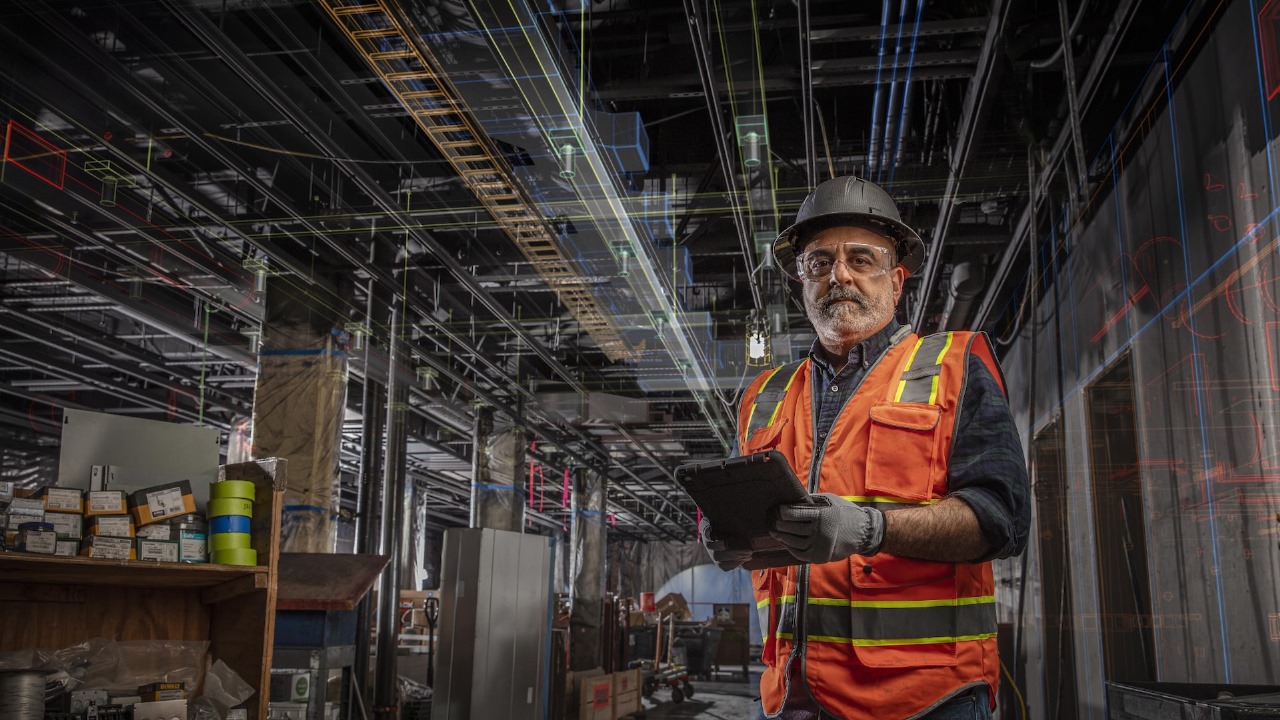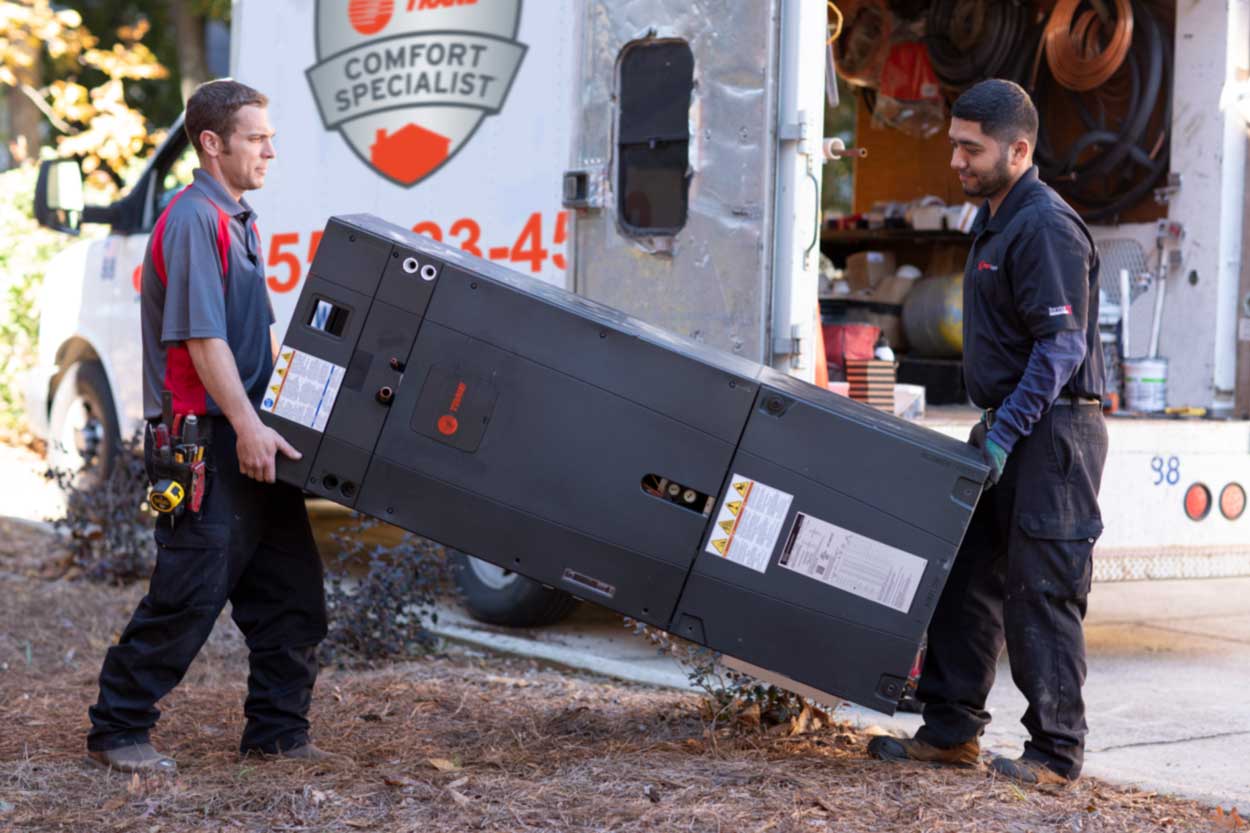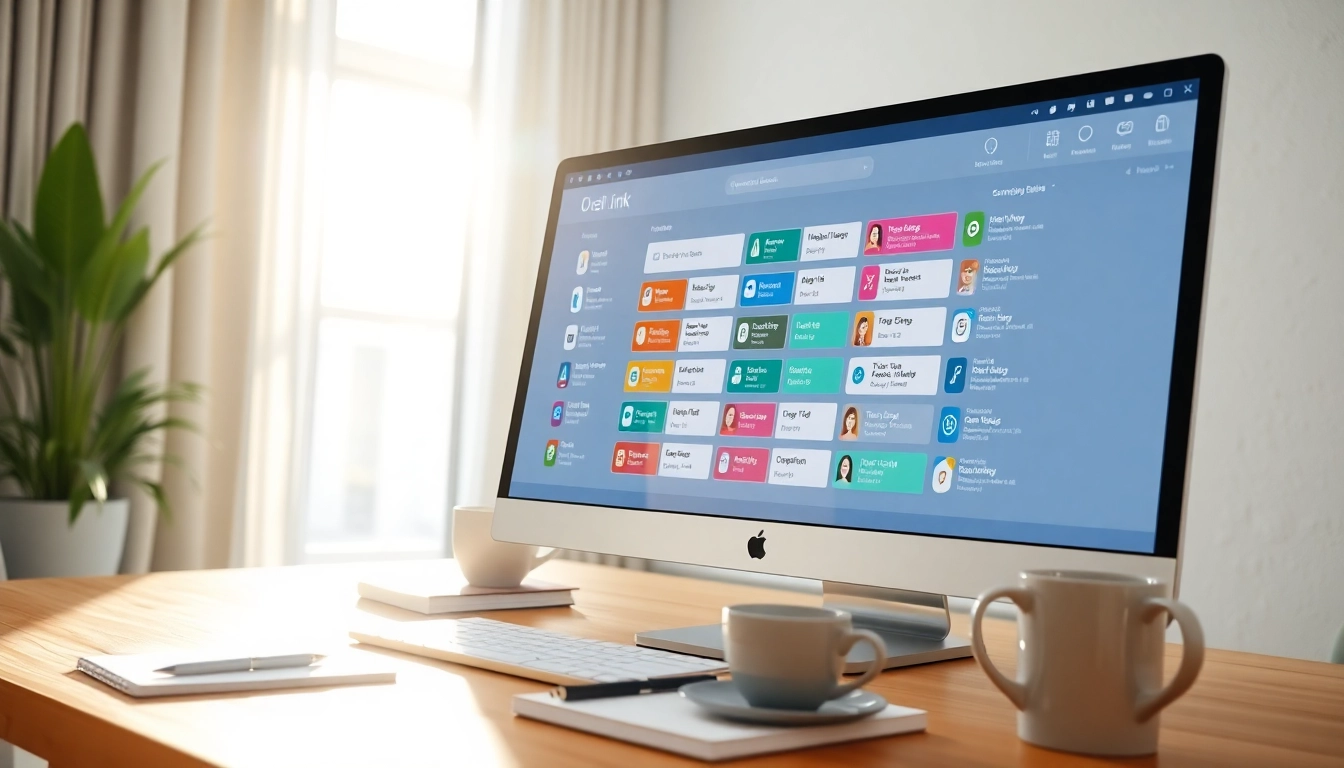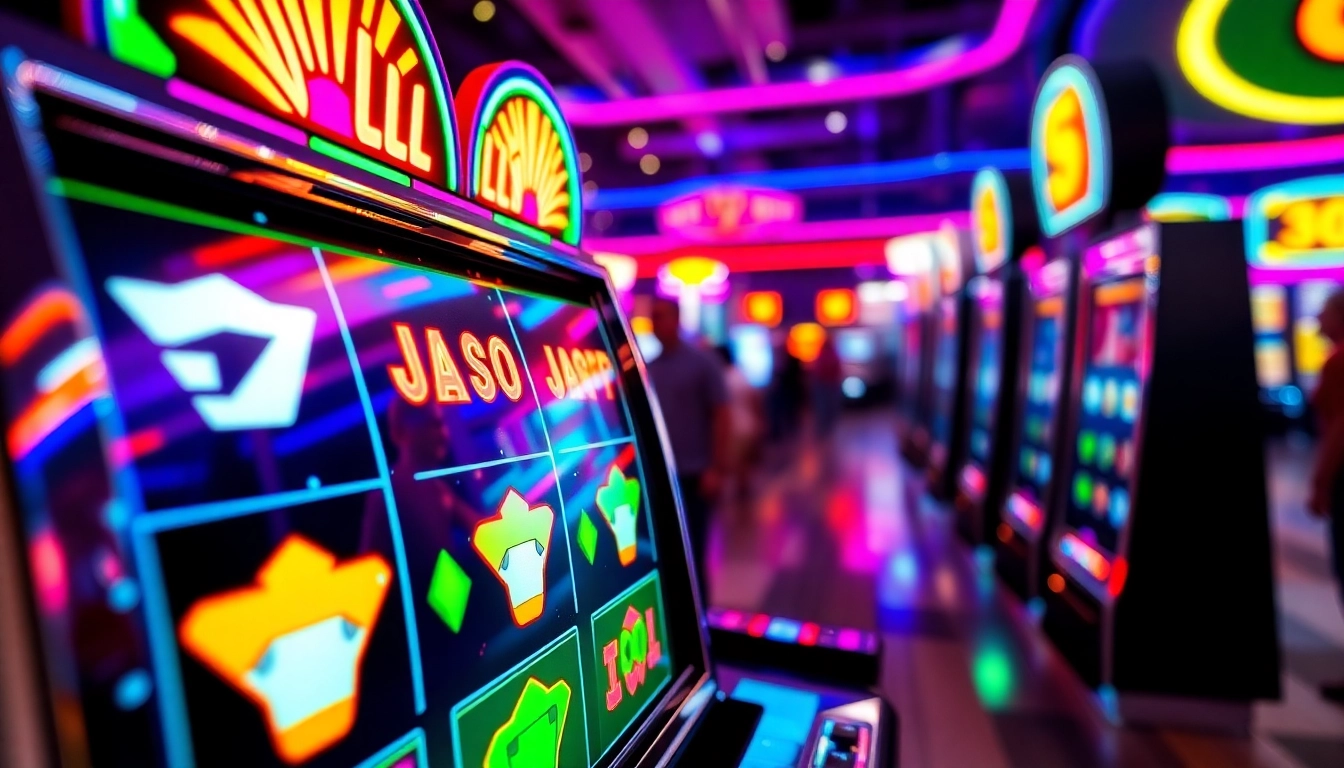
Exploring the Dynamic City of Karachi
Karachi, the financial powerhouse of Pakistan, stands as a testament to the country’s resilience and growth. The city has developed into a bustling metropolis attracting millions for its diverse economy and vibrant culture. With a population exceeding 20 million, it is not only the largest city in the country but also ranks among the most populous cities in the world. In this comprehensive guide, we delve into various dimensions of karachi, ranging from its geographical significance and demographics, to its historical background, cultural diversity, top attractions, and essential travel tips for visitors.
Geographical Location and Significance
Karachi is strategically situated along the coastline of the Arabian Sea, in the Sindh province of Pakistan. Its geographical location as a natural harbor has significant implications for trade and economic activities.
A Hub for Trade and Commerce
The city hosts Pakistan’s busiest port, the Port of Karachi, facilitating a substantial portion of the country’s shipping and trade activities. Its position allows easy access to international shipping routes, making it a key hub for cargo and logistics.
Climate and Environment
Karachi experiences a hot desert climate, characterized by high temperatures in summer and mild winters. Monsoon rains provide some relief in the summer months. The geographic diversity of the region, coupled with its coastal location, shapes the city’s climate and environmental conditions, impacting economic sectors like agriculture, fisheries, and tourism.
Demographics of Karachi
With its rich tapestry of cultures, ethnicities, and languages, Karachi exemplifies the diversity of Pakistan. The demographic composition showcases a blend of various communities that enrich the city’s identity.
A Melting Pot of Cultures
Populated by Sindhis, Punjabis, Muhajirs, Baloch, and Pashtuns, among others, Karachi is a melting pot of cultures. The majority of the population speaks Urdu, but regional languages like Sindhi and Pashto are also prevalent, highlighting the city’s cultural diversity.
Population Growth and Urbanization
The rapid growth of the population in Karachi is a result of rural-to-urban migration, as people move in search of better employment opportunities and living standards. This urbanization has led to both opportunities and challenges, including urban sprawl and infrastructure demands.
Economic Importance of Karachi
Karachi is often referred to as the ‘City of Lights’ due to its vibrant nightlife and role as the economic engine of Pakistan. It significantly contributes to the national economy through diverse sectors.
Financial and Commercial Sector
As the financial hub, Karachi is home to various banks, financial institutions, and stock exchanges. The Karachi Stock Exchange (KSE) is one of the largest stock exchanges in Asia, reflecting the city’s economic vitality. This economic prowess is supported by the technology, manufacturing, and textile sectors that thrive in the city.
Manufacturing and Industry
The city hosts numerous industrial areas that contribute to the economy, producing textiles, automobile parts, and electronics. It’s a manufacturing hotspot that draws both corporate investments and skilled labor, contributing to job creation and economic growth.
Historical Background of Karachi
The history of Karachi is as captivating as its present. From humble beginnings as a fishing village to its current status as a major metropolitan area, the city’s journey is worth exploring.
Founding and Early History
Founded in the 18th century, originally named ‘Kolachi’, Karachi was established by local tribes as a fishing community. Its growth was gradual, and it was recognized for its strategic location along maritime routes.
Colonial Influence on Karachi
The British colonial era marked a significant turning point in Karachi’s development. Major infrastructural developments, including railways, roads, and ports, were initiated. The British recognized the city’s potential for trade, which established Karachi as the principal seaport of the region.
Modern Developments and Challenges
Post-independence, Karachi witnessed rapid urbanization and population growth. This development, however, has not come without challenges, including infrastructure strain, housing shortages, and social tensions. Despite these challenges, Karachi continues to innovate, embracing modernization while preserving its unique cultural heritage.
Cultural Diversity in Karachi
The cultural richness of Karachi is reflected in its festivals, traditions, and cuisines, making it a vibrant city that celebrates its diversity.
Ethnic Communities in Karachi
The ethnic diversity in Karachi is a hallmark of the city. Various communities co-exist, contributing to a rich cultural landscape. Each group brings its unique customs, traditions, and languages, thereby fostering an environment of multiculturalism.
Festivals and Traditions
Festivals play a vital role in Karachi’s cultural fabric. Events like Eid, Basant, and Independence Day are celebrated with enthusiasm. Each festival brings together people from various backgrounds, promoting unity and cultural exchange.
Culinary Influences and Specialties
Karachi’s food scene is a testament to its cultural diversity. From traditional Sindhi biryani to street food favorites like bun kebabs and chaat, the culinary offerings reflect varied influences. Food festivals and bustling markets serve as popular gathering spots for locals and tourists alike.
Top Attractions in Karachi
Karachi is replete with attractions that cater to diverse interests, offering something for everyone – from historical sites to modern entertainment venues.
Landmarks to Visit in Karachi
Notable landmarks include the Quaid-e-Azam’s Mausoleum, which honors the founder of Pakistan, and the historic Mohatta Palace, a symbol of the city’s colonial past. The vibrant Clifton Beach mingles natural beauty with the hustle of city life, drawing both locals and tourists.
Shopping and Entertainment Venues
Shopping enthusiasts can explore bustling markets or modern malls like Dolmen Mall and Zamzama Boulevard, which offer a mix of local and international brands. Karachi is also home to entertainment venues that host concerts, exhibitions, and cultural performances, making it a lively hub for arts and entertainment.
Parks and Recreational Areas
For those looking to escape the urban hustle, Karachi boasts several parks and recreational areas. Parks such as Hill Park and Karachi Zoo provide serene getaways within the city, ideal for families and nature lovers.
Travel Tips for Visiting Karachi
When planning a visit to Karachi, it’s essential to consider practicalities that ensure a smooth experience.
Best Times to Visit Karachi
The best time to visit Karachi is during the winter months when the weather is relatively mild, making outdoor exploration enjoyable. Plan your visit around key festivals for a culturally enriching experience.
Local Transportation Options
Getting around Karachi can be done via various transportation options including ride-hailing apps, local buses, and taxis. Familiarizing yourself with local transport routes can save time and enhance your exploration.
Safety Tips for Tourists in Karachi
While Karachi offers a wealth of experiences, it’s essential to take safety precautions. Stick to well-populated areas, avoid displaying valuables, and stay informed about local customs and regulations. Engaging with locals and utilizing guided tours can provide additional security and enhance your understanding of the city.
Conclusion
Karachi emerges not only as a city of economic significance but also as a cultural mosaic that celebrates diversity. From its rich history to modern attractions and culinary delights, Karachi invites exploration and appreciation. Whether you’re a local resident or a visitor from afar, the city offers countless opportunities for discovery.







